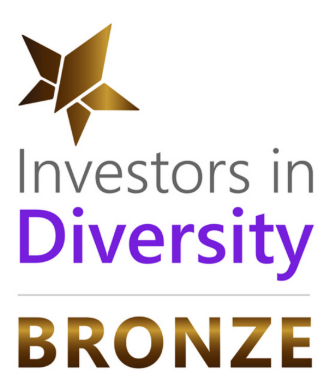"Fruitful ideas" at the latest Finding Common Ground event
Professor Irene Sheridan, Munster Technological University and Chair, QQI Board, chaired the fourth and final Finding Common Ground event on 05 December 2023. The event was attended by representatives from both Higher Education Institutions (HEIs) and Professional, Statutory and Regulatory Bodies (PSRBs).
The event kicked off with a joint presentation by Dr Roisín Murphy, Senior Lecturer, School of Surveying & Construction Management, TU Dublin, and James Lonergan, Director of Education and CPD, SCSI, where they detailed their collaborative experience of reviewing the MSc in Quantity Surveying. The programme, which is accredited by SCSI, was outlined in its pre-review format and current format, with quality frameworks, stakeholder engagement, core principles and learning outcomes explained throughout. The joint engagement and partnership approach taken in the review of the MSc in Quantity Surveying programme was highlighted throughout, with early engagement highlighted to be key.
Following this, Dr Jen Harvey, Assistant Head, Academic Affairs – Teaching, Learning and Assessment, TU Dublin delivered an interactive workshop on TU Dublin’s project, Prof-ASSESS: Professional Learning and Authentic Assessment. The aims of the project were outlined along with the project outcome of developing a toolkit. The meaning of authentic assessment was outlined throughout, and it was noted that the concept of authenticity in assessment is ambiguous and oftentimes contested. Thus, emphasizing the need for a common language and shared understanding. Part of the project involves bringing together PSRBs and programme teams in an exercise to develop a shared understanding of assessment. Dr Jen Harvey also emphasized that if there is to be a shift in assessment, there is a need to have discussions with students, so that they understand why there is a change, and what the change is. The interactive part of the workshop involved attendees working together at their tables to select three competencies and map appropriate assessments to the relevant competency. Only one exam assessment method and one open-book assessment method were included. As such, each group was encouraged to think of alternative assessments. There were plenty of fruitful ideas shared on the day!
Mairéad Boland (MB), QQI, shared an update on QQI’s development of Quality Assurance (QA) Guidelines to Support Work-integrated Learning, and opened the floor to the audience. Discussions circled a broad area of topics including the role of the assessor, changes in workplaces i.e. a shift to hybrid/remote working, along with the need to consider other governance and regulation structures which impact work placements. In line with this, it was noted that there is merit in bringing work placements supervisors and staff from HEIs together before a learner begins work placement, facilitating a space to set out expectations of each party and mitigate any potential risks.
Finally, Billy Kelly, Chair of the National Academic Integrity Network (NAIN) chaired a panel discussion under the theme of “Supporting Integrity & Responsible Citizenship in Future Professionals”. The panel was made up of representatives from HEIs, PSRBs, QQI, and a student representative. Key messages from the panel discussion included the notion of integrity being a continuum and ecosystem where we all have a role to play from early education to employment. Similarly, the idea of modelling was highlighted, particularly, by those responsible for the formation of learners; learners need to see *why* integrity is important. Likewise, in fostering and enhancing integrity in our education system, it is crucial that learners are involved in the development and implementation of policy and process.


